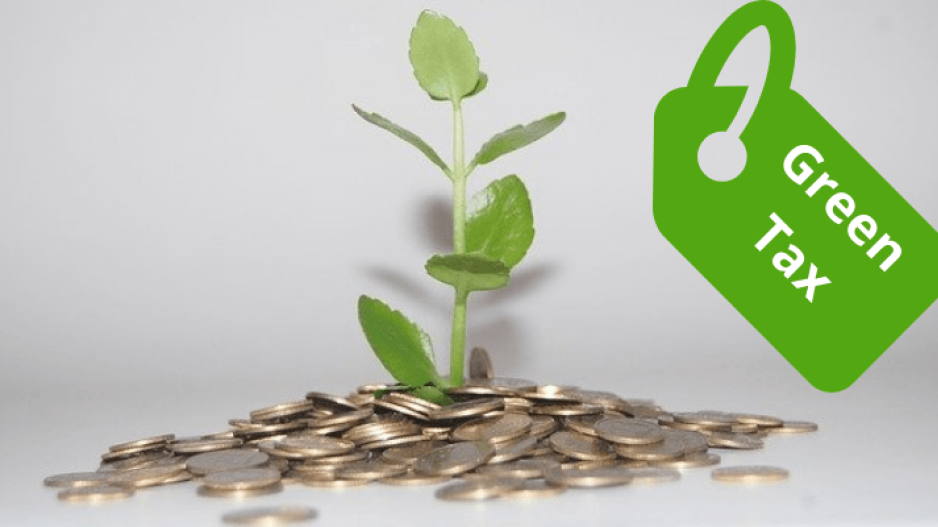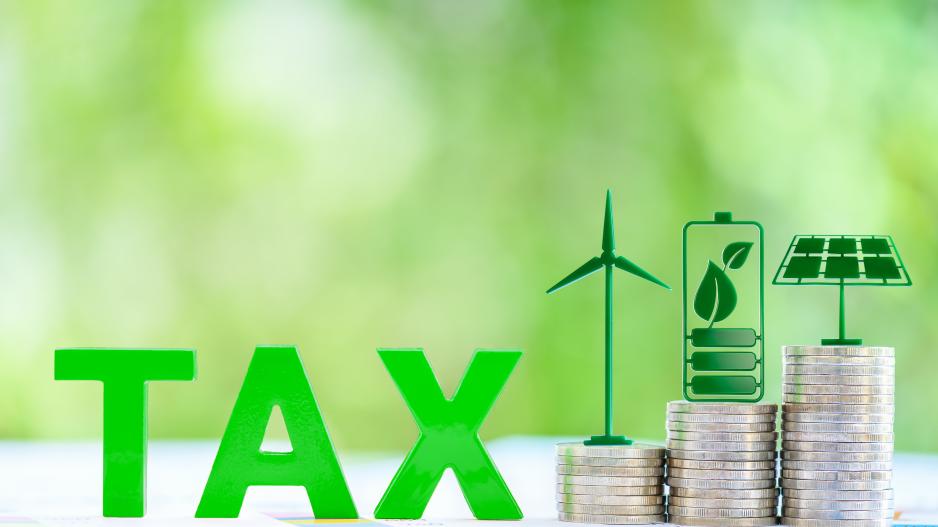IMF's Recommendations for Cyprus on Green Tax Policies
Cyprus Considers Carbon Tax to Reduce Emissions and Promote Innovation
The government is considering implementing a carbon tax, one of the most effective measures for reducing carbon dioxide emissions. This move comes as Cyprus must reduce its energy footprint and aligns with green tax reforms and initiatives to discourage fossil fuel use.
Following a report on green taxes dated July 13, 2024, Brief reveals the latest study by the International Monetary Fund (IMF) from May 2024, which states that "a carbon tax in Cyprus would complement the existing excise duty on fuels. It would apply only to transportation fuels and those outside the Emissions Trading System (ETS), with differentiated rates and schedules for the two sectors."
According to the study: For transportation, the tax would start at 5 cents per liter in 2024, increasing to 25 cents per liter by 2033, equivalent to a carbon tax of 20 euros per ton of CO2eq, rising to approximately 100 euros per ton of CO2eq. For industry outside the ETS, the excise duty would start at 7 cents per liter and increase to 20 cents per liter by 2029, equivalent to approximately 27 euros per ton of CO2eq, reaching 76 euros per ton of CO2eq.
However, according to Brief, trade unions disagree with the tax, fearing its impact on lower- and middle-income taxpayers and businesses. A union source stated to Brief, "This is why such a tax should be introduced gradually to allow time for transition."
On the other hand, the government believes that low carbon consumption will encourage technological innovation, large-scale infrastructure development, and the dissemination of emission-efficient goods and services.

Beyond this tax, there will be a levy on water to encourage conservation and efficient use of water resources, a charge for landfill waste, and a night tourism tax.
According to the IMF report, "These taxes are to be introduced in 2024 and will gradually increase annually until 2033." The report adds, "Achieving the 2030 target solely through carbon taxation could be challenging. Tax rates would need to be 2.5 times higher than the proposed rates, even with broader coverage."
The IMF, which advises the government, notes in its report that "the tax should start at 13 cents per liter of fuel (50 euros/tCO2eq) in 2024 and reach 0.5 euros per liter (200 euros/tCO2eq) by 2030."
The green tax reform will increase carbon prices in the transportation and non-ETS sectors.
Other elements of the green tax reform, such as levies on water and waste and the night tourism tax, can indirectly reduce emissions and have other positive environmental impacts but do not increase carbon prices in their respective sectors.
The IMF report also states that "better carbon performance often provides incentives for higher consumption in what is called the 'rebound effect.'"
Moreover, non-pricing policies do not generate additional revenue while still eroding the existing tax base, adding further fiscal pressure, especially if redistributive measures are required.
Given the challenges of fully achieving the target through carbon taxation alone, there may be room for non-pricing policies to complement carbon pricing, particularly in sectors where emissions are harder to reduce, such as buildings and agriculture.
The report also mentions that "fees, like those applied in the transport sector, could be used in other sectors to promote the use of carbon-efficient capital goods through economic rewards and penalties without dictating preferences."
"Subsidies can be used in buildings to incentivize the installation of rooftop solar collectors, heat pumps, and insulation upgrades and can be funded by taxing household fuels," the report emphasizes.






